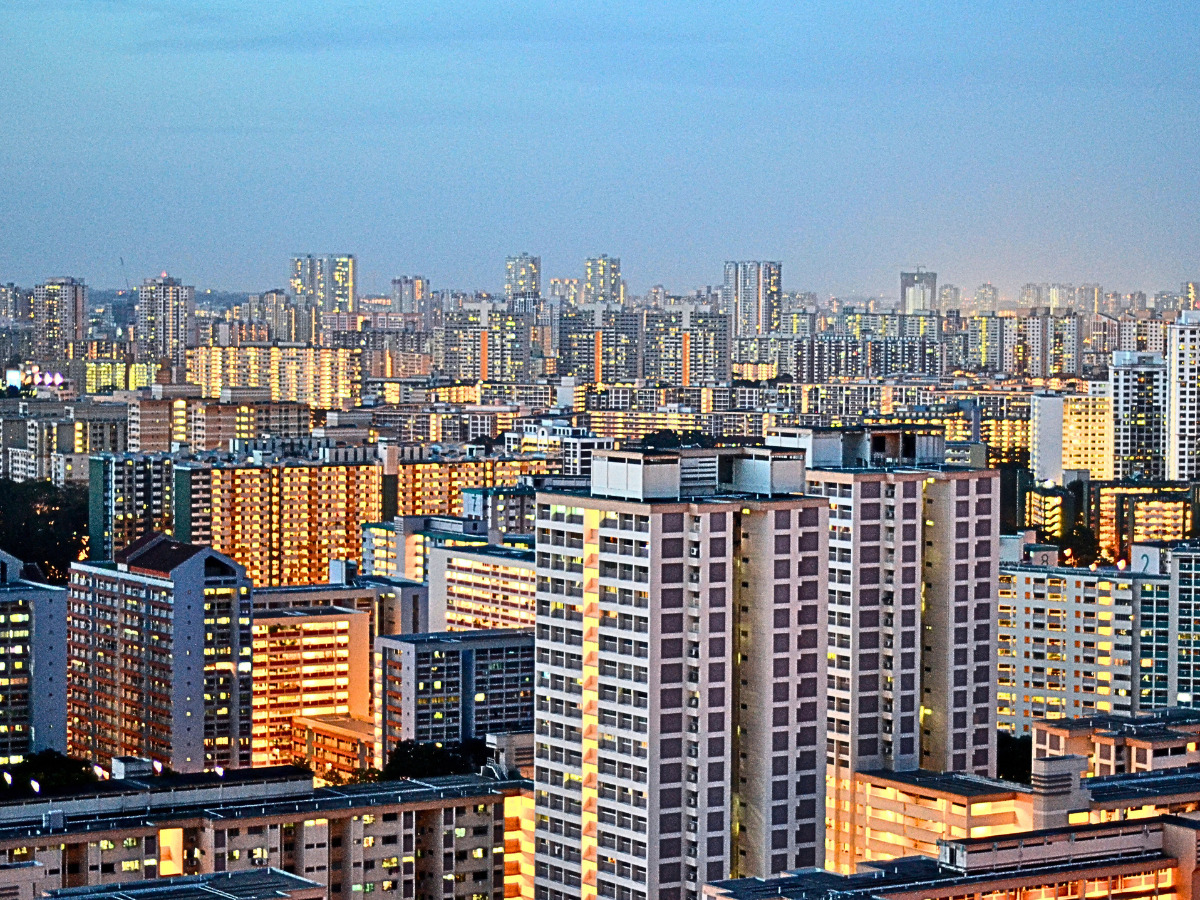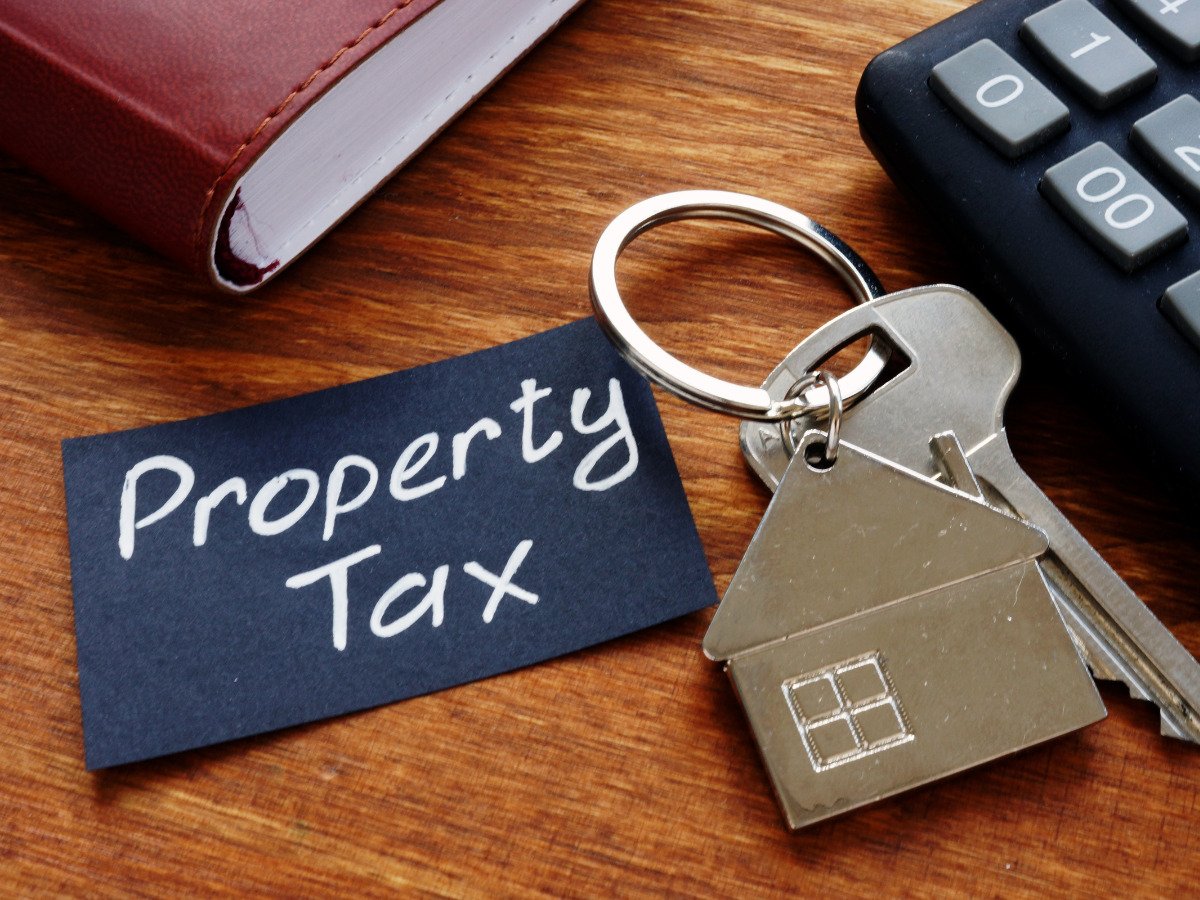Recently, Singapore has been bustling with activity, reaching a record high population rate of 5.92 million. As our city-state continues to expand, so does the demand for rental accommodations. That got us thinking – could there be another solution to tackle this growing need? An article from the Institute of Real Estate and Urban Studies (Ireus) explores how tax on empty properties could impact our rental market.
Let’s dive into the details, shall we?
The current rental market
During the turbulent times of the Covid-19 pandemic, Singapore’s rental landscape underwent significant shifts. The pandemic-induced delays in construction projects, coupled with a surge in demand from returning Singaporeans, caused rents to steadily climb.
From August 2022 to August 2023, rental volumes experienced a staggering surge, jumping by an impressive 16.9%. This surge was not confined to a specific segment; both public and private sectors felt the reverberations of this rental boom.
Housing Development Board (HDB) rents, often considered a benchmark, displayed a modest uptick of 0.1% in July 2023. Meanwhile, the broader rental landscape witnessed a dramatic spike, with overall rental prices for all private residential properties rocketing by a substantial 29.7% year-on-year in 2022.
Despite these soaring figures, there is a glimmer of hope on the horizon. Analysts and experts speculate that the rental market might soon witness a cooling effect. This anticipation stems from the gradual completion of residential units, signaling the imminent transition of individuals into their new homes.
As these homes become occupied, the supply-demand dynamics are expected to balance, leading to the gradual easing of rental pressures.
However, given our ever-changing property market, an important question emerges: What would a different country’s property tax system look like? Questions like this prompt us to explore new solutions by looking at how other countries have tackled similar challenges.
Read also: How much income should you spend on rent in Singapore?
Current property tax system in Singapore
In Singapore, property tax rates vary based on occupancy. Owner-occupied residential properties enjoy lower tax rates compared to those not occupied by the owner.
Additionally, Additional Buyer’s Stamp Duty (ABSD) is imposed on citizens purchasing second or subsequent properties, ranging from 20% to 30% of the property’s market value.
However, the existing property tax regime does not consider tenancy status, and properties, whether tenanted or vacant, are taxed the same way.
Read also: Property tax for homeowners in Singapore: How much to pay + Rebates + Deadline
The impact of empty homes tax
A recent research paper examined the effects of an Empty Homes Tax (EHT) implemented in Vancouver, Canada, in 2017.
This tax was strategically designed to penalise property owners deliberately leaving their properties vacant, charging them a substantial 3% of the property’s assessed taxable value annually.
The primary objective was to curb speculative vacancies and nudge property owners to lease out their vacant properties, thereby increasing housing supply and easing the rental market strain.
Initial impact and subsequent shifts
Upon the EHT’s introduction, a significant transformation swept through Vancouver’s real estate landscape.
Property owners, in a bid to avoid the tax, swiftly adapted by renting out their vacant properties. This immediate response led to a surge in available rental units, providing a temporary reprieve to the city’s housing shortage.
However, the initial boost in housing supply triggered by the EHT was not a long-term solution. Over time, a subtle yet impactful shift occurred.
Long-term dynamics and homeownership concerns
While the EHT successfully bolstered the rental market by increasing housing availability, its prolonged influence painted a different picture.
A net decrease in housing supply gradually surfaced, raising concerns about its potential adverse effects on homeownership. This unintended consequence highlights the delicate balance necessary when implementing such taxation policies.

Potential implementation in Singapore
Considering the success and challenges witnessed in Vancouver, the prospect of implementing an EHT in Singapore offers a glimpse into a plausible solution.
If executed meticulously, implementing an EHT in Singapore could potentially increase the supply of rental properties, thereby easing the burden on renters.
However, the key lies in careful planning and thoughtful consideration. Fine-tuning the specifics, such as optimising the time frame during which a property is deemed vacant, becomes paramount. These meticulous adjustments are vital to ensuring an equitable distribution of housing resources, catering to both owner-occupiers and renters.
Wrapping up
In conclusion, the concept of Empty Homes Tax holds immense promise for Singapore’s real estate landscape. Yet, its successful integration demands a nuanced and considerate approach.
So, what are your thoughts on this matter? Could a tax on empty properties be the solution to our growing rental demands?
Let’s keep the conversation going, sharing our perspectives and insights on this vital issue. After all, it’s through dialogue and understanding that we pave the way for a better housing future in Singapore. Stay tuned for more engaging discussions, and until then, happy reading!
The post A discussion: Could tax on empty properties help growing rental demands? appeared first on .



